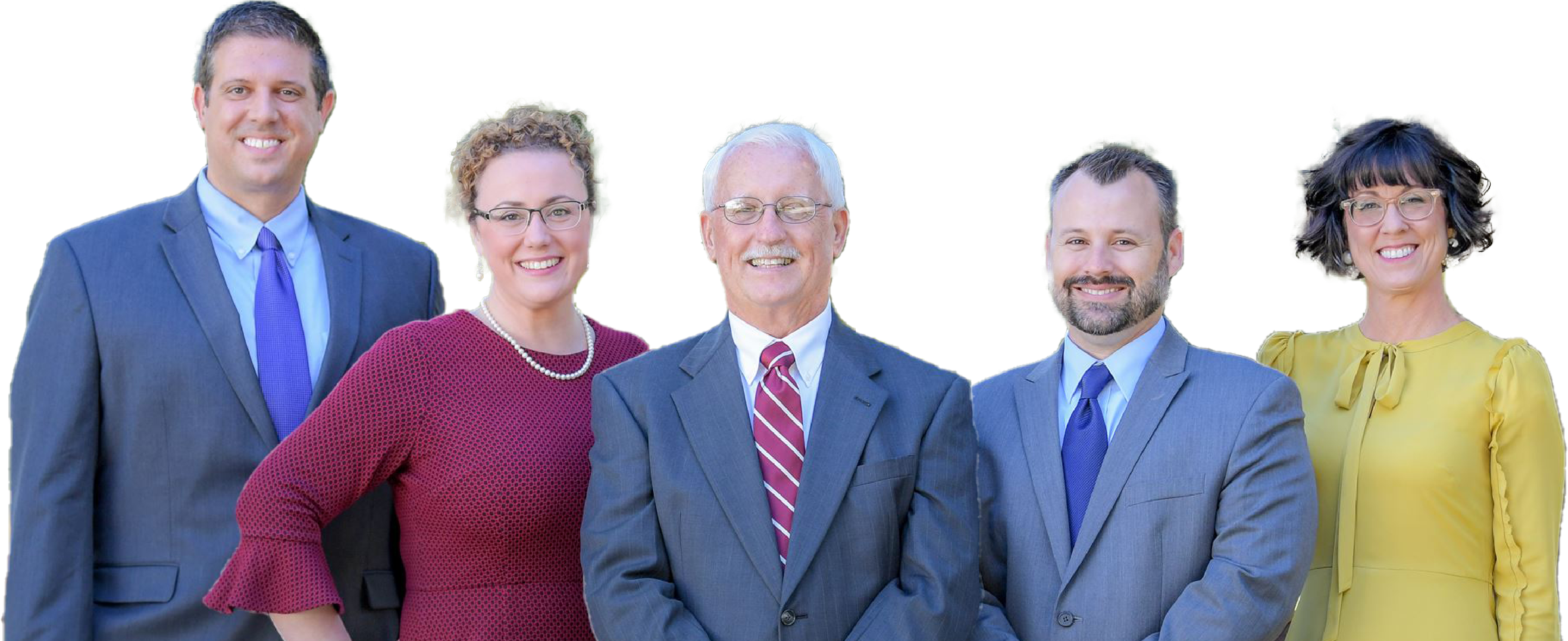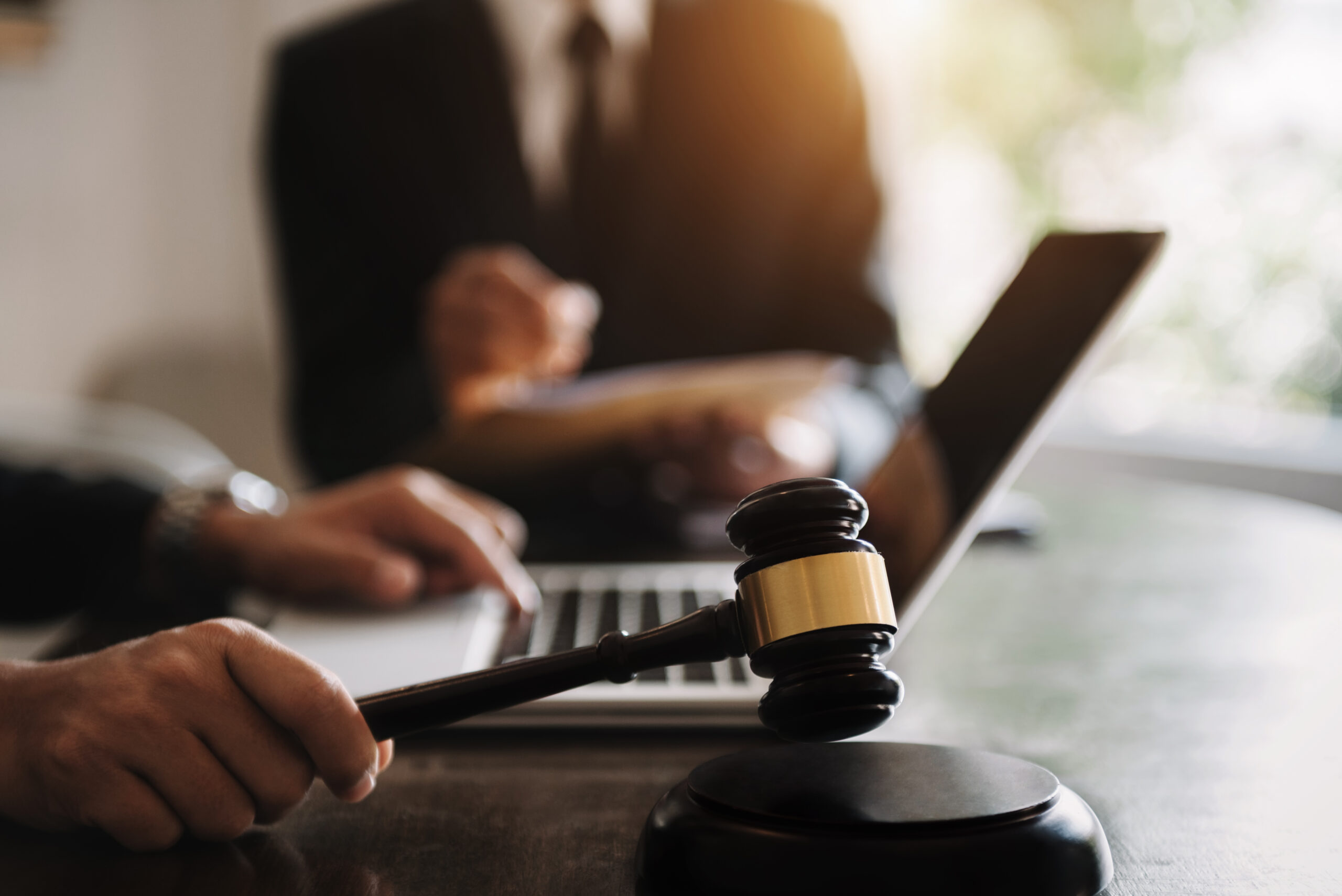What is Florida’s House Bill (HB) 837?
On March 24, 2023, the Governor of Florida, Ron DeSantis, signed the House Bill (HB) 837 into law. Also known as Civil Remedies, the statute aims to decrease frivolous lawsuits by changing how damages are calculated in negligence lawsuits. The changes will affect rulings in personal injury cases such as car accidents, slips and falls, and premises liability.
Part of House Bill 837 will change the negligence-based damage recovery system from pure comparative negligence to modified comparative negligence. Skilled lawyers from a civil litigation law firm explain the changes and how they will affect personal injury cases.
What Are the Proposed Changes in the House Bill (HB) 837?
The legislation has several effects on the judicial system, especially in lawsuits against insurers. Some changes went into effect immediately after the bill was signed. However, some provisions will apply to causes of actions that accrue after the effective date.
Statute of Limitations
HB 837 shortens the Statute of Limitations for personal injury lawsuits based on negligence from four to two years. That applies to causes of actions that accrue after the effective date.

When filing a lawsuit, you must file within the stipulated deadlines. Skilled personal injury lawyers in Vero Beach can work with you to ensure you beat the deadlines.
Changes from Pure to Modified Comparative Negligence
A critical element of HB 837 is to modify the current legal system to ensure personal injury victims only recover damages if they’re less than 50% responsible for their injuries and damages.
Pure Comparative Negligence
Florida previously operated under the principle of pure comparative negligence. It means you could recover a percentage of compensation for the damages you incur in an accident if you were not considered responsible for any portion of the accident.
So, if the court found that you were partially at fault, you could still recover against the defendant, depending on their share of liability.
Modified Comparative Negligence
HB 837 introduced a modified comparative fault system, which means that if a jury determines a plaintiff is more than 50% responsible for their injuries, the law prohibits them from recovering any damages from the defendant.
The modified comparative negligence principle doesn’t apply to medical negligence claims. Florida is the 35th state to adopt the modified comparative negligence system.

The change applies to accidents occurring after the new law became effective on March 24, 2023. Aggressive personal injury attorneys in Vero Beach can fight to help you recover the maximum compensation amount possible by proving the other party’s fault.
Calculating Medical Damages
The new legislation significantly changes how medical damages are calculated and presented at trial. The changes are based on the premise that settlement amounts are often subject to manipulation, not representing actual medical costs.
HB 837 establishes a uniform procedure for calculating medical-related damages. It limits the medical expense evidence a claimant can present to the actual amount paid for the services, not the initially billed amount. Juries will evaluate medical bills to ensure they’re reasonable and determine if past or future treatment was medically necessary.
Medical Damage Caps
Currently, the laws in Florida allow you to collect the actual dollar value of your medical treatment if you sustain injuries due to another person’s carelessness. The new law under HB 837 may affect your ability to recover the full amount of your medical bills.
Specifically, the new law would make doctors charge an amount only acceptable to insurance companies. If you’re uninsured and require treatment, the new law requires a jury to consider Medicare or Medicaid rates, even if you owe more.
Consult experienced personal injury attorneys in Vero Beach to help you calculate how much your lawsuit is worth based on your circumstances.
Changes to Admissibility of Medical Evidence
HB 837 changes what entails admissible evidence in establishing past, present, and future medical expenses. Admissible evidence at the trial of past treatment is limited to the amount actually paid, regardless of the payment source.
The categories of evidence required to prove medical treatment or services are the following:
- If the victim has health care coverage, the amount payable by the coverage to the healthcare provider to satisfy the healthcare charges;
- Evidence of the amount the health care coverage would pay the provider if the claimant has health care coverage but gets treatment under a letter of protection or doesn’t submit the charges for health care coverage;
- 170% of the applicable state Medicaid rate or evidence of 120% of the Medicare reimbursement rate in effect when treatment or services were provided if the victim doesn’t have healthcare coverage;
- Evidence of how much a third party pays a health care provider if the claimant receives medical care under a letter of protection and the provider transfers the right to get payment to the third party; or
- Any evidence of reasonable amounts billed to the victim for medically necessary treatment or services.

Providing admissible evidence during trial calls for the input of skilled lawyers from a reputable civil litigation law firm. They can evaluate your case and confirm you have the necessary documents to prove your claim in court.
Skilled Legal Guidance From a Renowned Personal Injury Attorney in Florida
The new laws passed under House Bill 837 will extensively impact personal injury claims. The changes limit the monetary recovery available to personal injury victims in Florida. Defining and awarding monetary compensation for damages is crucial in protecting victims and helping them seek justice. Ensure you work with experienced Florida personal injury lawyers when filing a claim.
If you need legal guidance on how the new law affects your claim, our lawyers can help. We have an unwavering commitment to obtaining justice for our clients, enabling them to focus on healing and recovery. Contact the Grall Law Group at 772-569-0000 to schedule a meeting with us.

 772-569-0000
772-569-0000
 Email Us Now
Email Us Now



